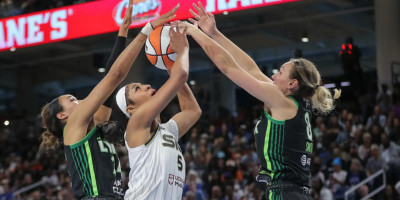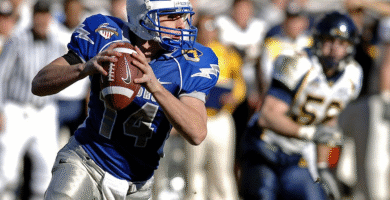On game day, all eyes are on the court, field, or ring. Fans celebrate the athlete’s precision, power, and passion—but few understand what happens behind the scenes long before the first whistle blows. Beneath the surface of sports stardom lies a world of negotiations, contracts, intellectual property rights, and international regulations.
That’s where the concept of Professional Athletes Representation becomes essential—because talent alone isn’t enough in today’s highly commercialized, global sports ecosystem.
The Invisible Rules: How Sports Law Shapes Careers
Every athlete’s journey is lined with legal milestones. Signing with a team, securing a sponsorship, appearing in media, transferring leagues, and even getting paid—all hinge on properly negotiated legal agreements. An overlooked clause or poorly timed deal can have serious consequences:
- A rushed endorsement contract might lock an athlete out of future opportunities.
- A dispute with an agent or promoter can drag on for years if not addressed clearly in writing.
- An improperly handled visa can prevent an international athlete from even entering the country.
Behind every highlight reel is a stack of paperwork, and behind that paperwork is a legal team working to ensure the athlete’s career stays on track.
More Than Just Athletes: The Larger Sports Ecosystem
Professional representation isn’t just about the players. Coaches, team executives, scouts, agents, and even broadcasters operate within a legal framework. Their relationships are governed by contracts that can make or break careers.
For example, when a promising new boxer signs with a major promoter, the contract must outline not only payment terms but also fight scheduling, promotional rights, and media obligations. These details matter—especially when athletes are entering international markets or working with multinational brands.
Intellectual Property: Protecting the Athlete’s Brand
Today’s athletes are also brands. Their names, images, and personas carry commercial value—value that can be licensed, merchandised, or misused if not protected. Without clear legal boundaries, athletes can find themselves in uncomfortable situations where their likeness is used without consent or without fair compensation.
Smart representation includes reviewing endorsement deals, securing trademark rights, and ensuring the athlete has control over how their image is used. In an age of social media and streaming platforms, this is more important than ever.
Navigating a Global Playing Field
With so many athletes competing internationally, cross-border legal knowledge has become vital. A soccer player moving from Europe to the U.S. must navigate both employment and immigration law. A fighter competing in different countries may need contracts translated, reviewed for local compliance, and backed by international arbitration clauses.
Legal teams specializing in Professional Athletes Representation bring the nuanced understanding needed to support careers that span continents—not just stadiums.
The Bottom Line
While fans follow scores and stats, the true scorecard for an athlete also includes the strength of their legal team. Good representation is about more than signing deals—it’s about safeguarding futures.
As the business of sports becomes more complex, professional athletes and industry professionals alike need advocates who understand the stakes, the strategy, and the shifting legal terrain. Because in the end, every career-defining moment on the field starts with a decision made far from it—in a legal office, boardroom, or negotiation table.


